Greek Mythology
-

Greek mythology presents a captivating array of deities, each endowed with distinct narratives and characteristics. Among these figures is Persephone, whose tales weave together elements of love, abduction, and transformation. This exploration will delve into Persephone’s identity, her extraordinary powers, symbolic meanings, and her significance within the broader context of Greek mythology. Understanding Persephone Persephone…
-
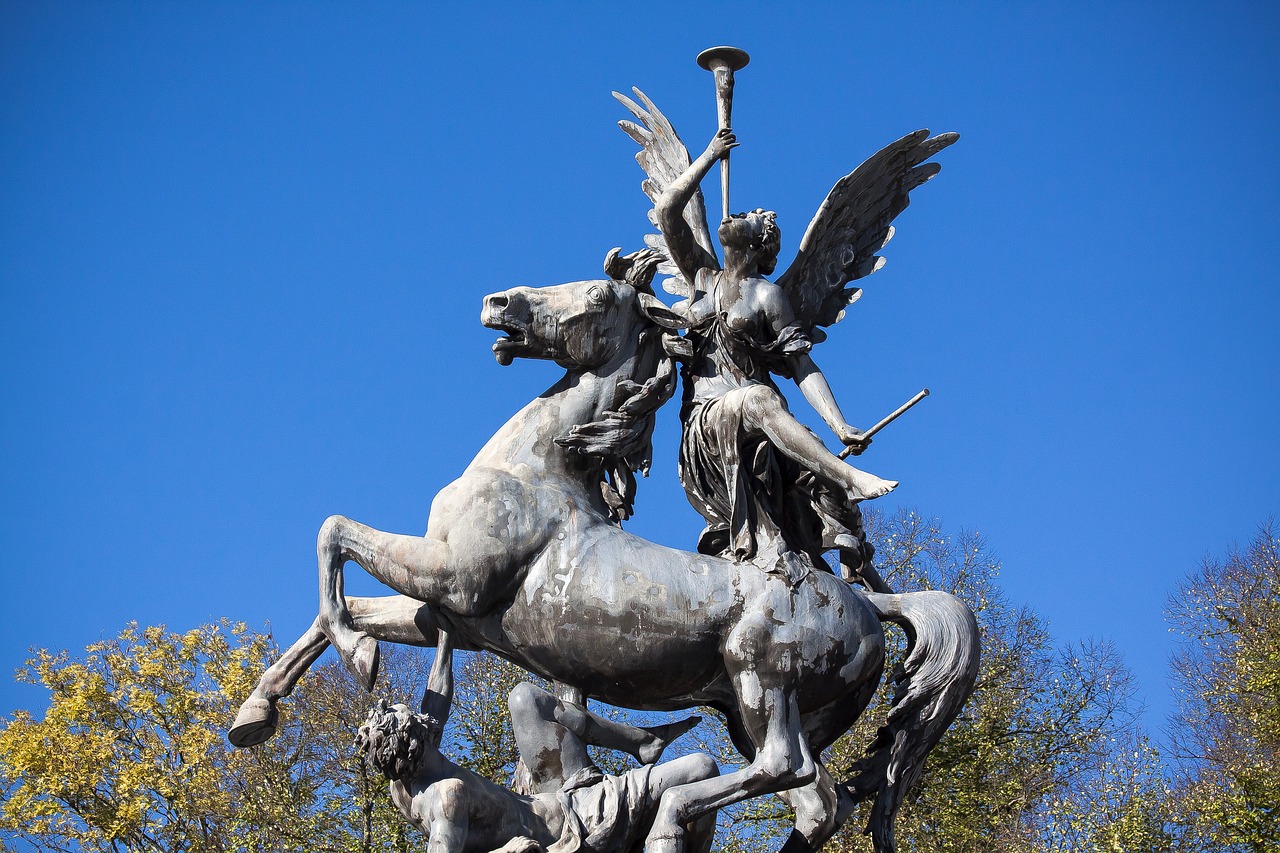
The Mythical Wings of Pegasus Pegasus, a legendary immortal steed, was a winged horse born from the severed neck of Medusa, the infamous Gorgon. His origins trace back to Poseidon and Medusa, symbolizing the union of divine power and earthly elements. The story unfolds with Bellerophon, the valiant hero who tamed Pegasus and rode him…
-
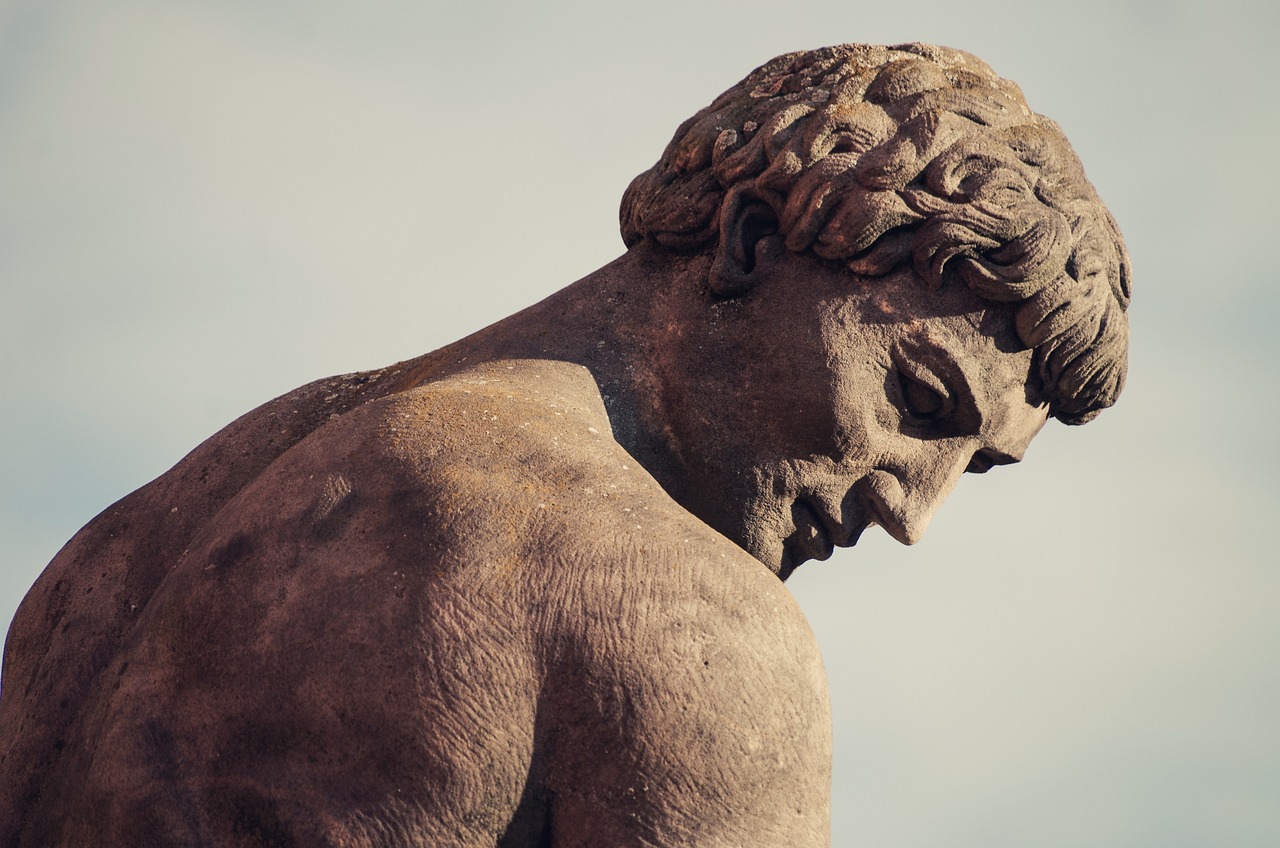
Poseidon, the esteemed deity of the sea, earthquakes, and horses, holds a significant stature in Greek mythology as one of the Twelve Olympians. He is one of the most formidable gods, alongside Zeus and Hades, governing all waters and being particularly revered by sailors and fishermen. Iconography of Poseidon Often depicted brandishing his iconic trident,…
-
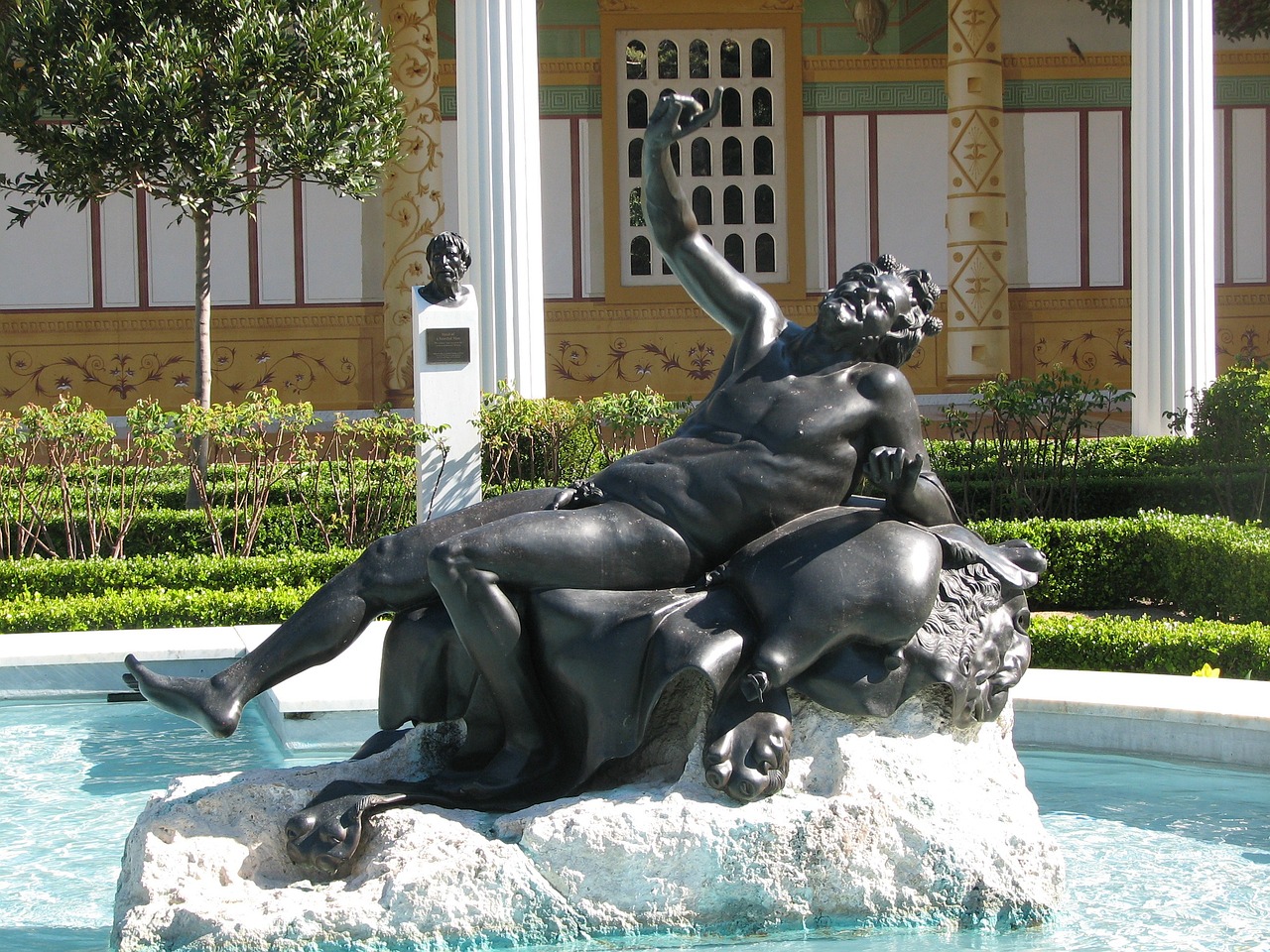
Dionysus: God of Wine, Theatre, and Merriment Dionysus, known in Roman mythology as Bacchus, epitomizes the essence of wine, joy, and theatre in ancient Greek culture. As one of the more vibrant deities on Mount Olympus, Dionysus stands out for his colorful legacy and tumultuous origins. Birth and Early Life In Greek mythology, Dionysus, born…
-

Hercules: The Hero of Myth Hercules is often mistaken for a god, but he was originally born a mortal. His lineage is a tale woven with complexity; his father was Zeus, the supreme deity of the Greek pantheon, while his mother, Alcmene, was related to the hero Perseus. Lore has it that Perseus, another son…
-

Greek mythology encompasses a rich tapestry of narratives that detail the gods, heroes, and rituals of the ancient Greeks during classical antiquity. While certain thinkers, such as the philosopher Plato, acknowledged the fictional elements within these myths, they were largely embraced as truthful accounts by the populace. The enduring legacy of Greek mythology continues to…
-
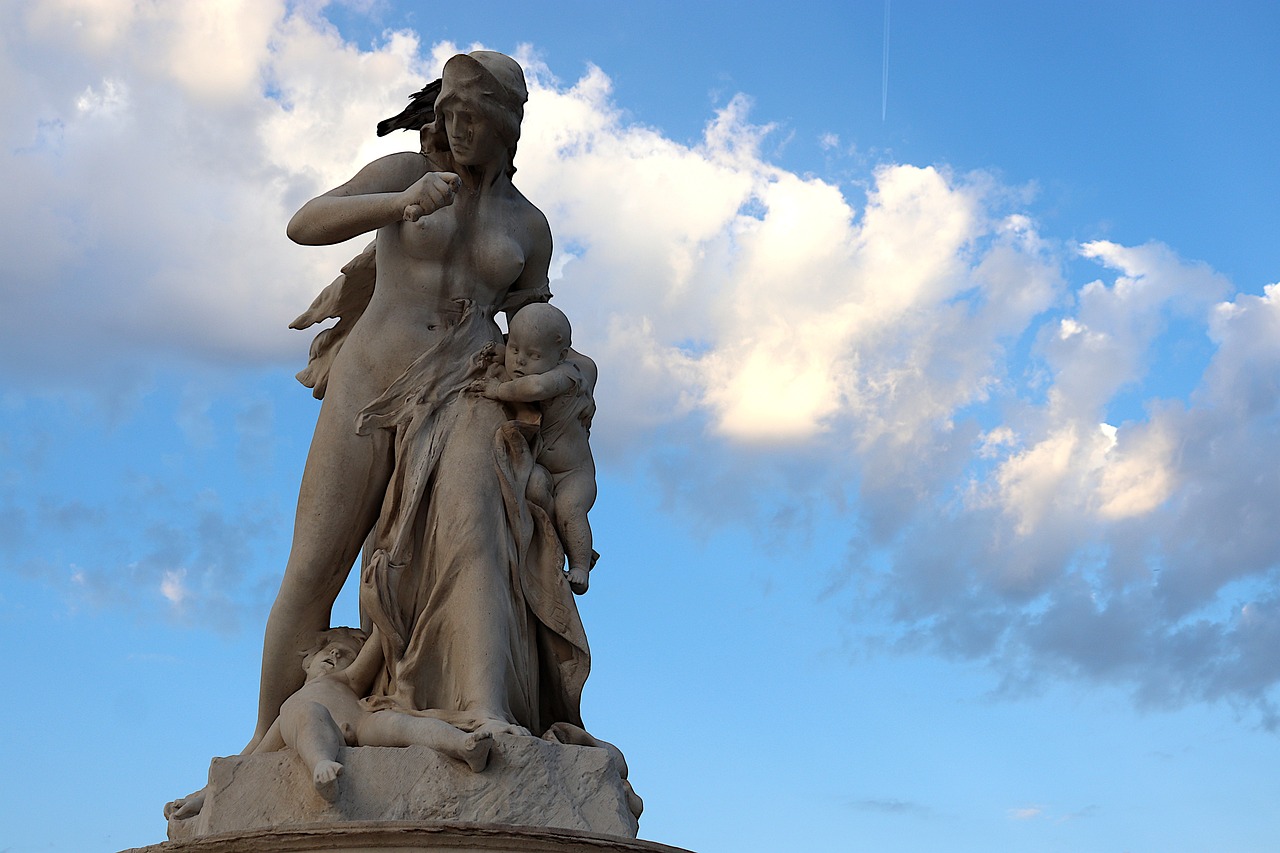
When Euripides’ “Medea” debuted during the Great Dionysia in Athens, it received a disappointingly low acclaim, placing third behind the works of Sophocles and Euphorion. This reaction can be attributed to how Euripides confronts and challenges the audience’s entrenched beliefs about gender and morality, presenting themes that were both radical and unsettling. For many, it…
-

Overview Hector, a prominent figure from Troy, held the title of prince as the firstborn child of King Priam and Queen Hecuba. His marital union with Andromache produced a son, Astyanax, solidifying his legacy. Renowned for his valor and sense of duty, Hector commanded the Trojan forces in a protracted struggle against the Greeks during…
-

Persephone: Queen of the Underworld Persephone, also known as Kore or Core, was a pivotal figure in Greek mythology, embodying both the queen of the underworld and the goddess of spring growth. As the spouse of Hades (Haides), she was honored alongside her mother, Demeter, in sacred rites known as the Eleusinian Mysteries, which promised…
-
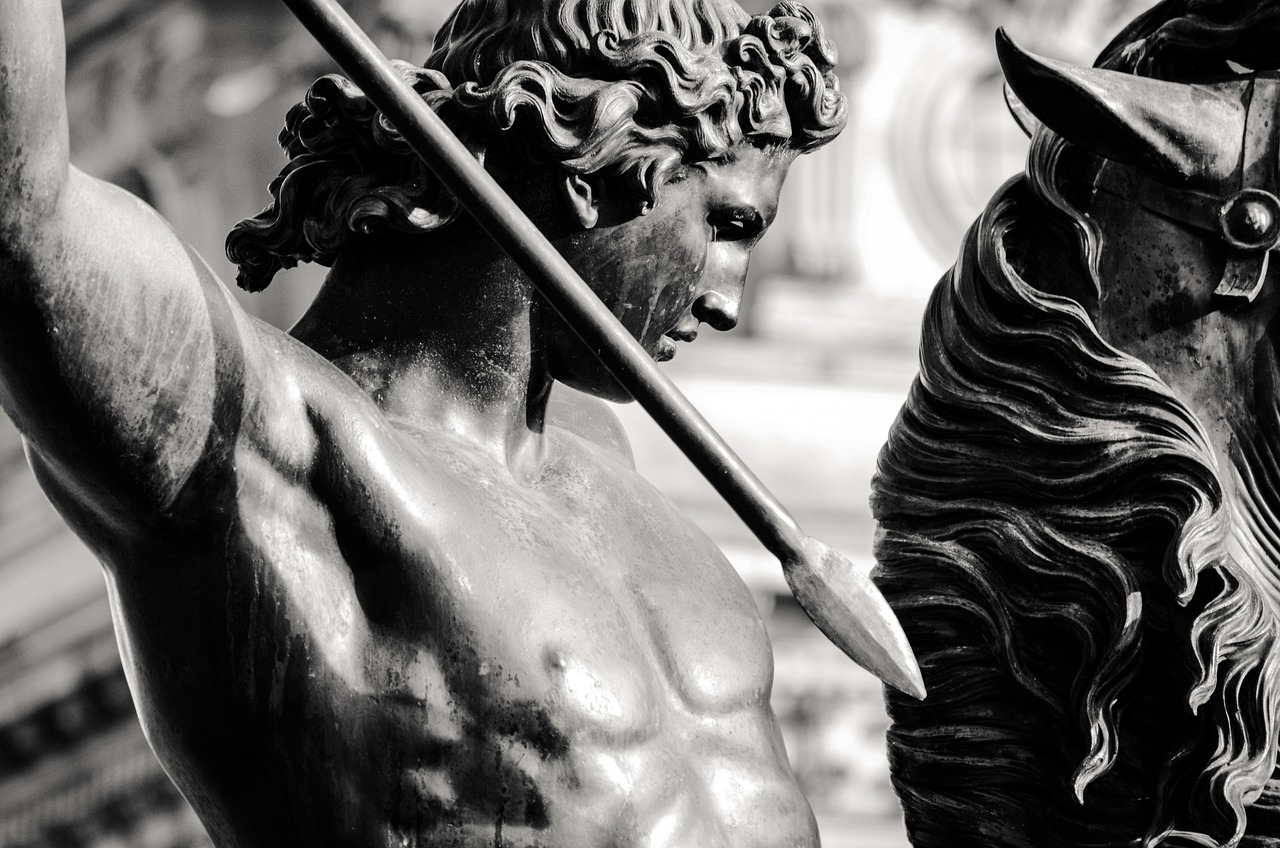
Greek mythology comprises a collection of narratives about the deities, heroes, and rituals integral to ancient Greek culture and Classical antiquity. While elements of fiction were acknowledged by critical thinkers of the era, like the philosopher Plato, the broader populace tended to regard these myths as factual representations of their beliefs. This rich tapestry of…


